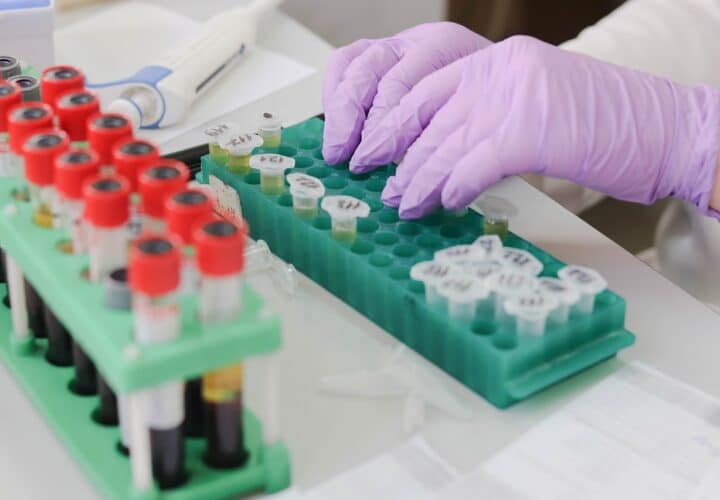Dr. Mehmet Oz opened up about his mother’s Alzheimer’s diagnosis, and how he missed the disease’s early symptoms, on his website. The cardiothoracic surgeon and host of The Dr. Oz Show also revealed that he had the APOE4 gene that puts him at a higher risk for Alzheimer’s.
The television personality’s main takeaway, and what he emphasized to his audience, is to not ignore the early signs of Alzheimer’s even if they’re subtle.
“Hearing the official diagnosis was devastating,” Oz wrote. “But just as painful for me was the realization that the signs were there all along — I had just been overlooking them.”
Oz goes on to say that he and his sister noticed his mother, Suna, 81, was behaving differently in recent years. Her stubbornness was getting worse, but they assumed it was simply due to her old age. He noted there were little signs that went under the radar — like his mother doing her makeup differently for the first time in 60 years, or giving away some of her belongings to people — that he now recognizes as early symptoms of Alzheimer’s.
After getting an ABC test — which involves testing for body fat composition, blood biomarkers and cognitive function — Dr. Oz also learned that he had a copy of the APOE4 gene. APOE4 is found in up to a quarter of the population and has been linked to an increased risk of developing Alzheimer’s. However, the gene doesn’t necessarily predict that someone will develop the disease.
Alzheimer’s Early Symptoms
There were six main early signs in his mother’s behavior, Oz says, that he ignored. They included her experiencing changes in planning, difficulty in completing tasks and confusing time and place. She was also having problems with words, struggling to understand visuals and losing things.
“The biggest lies are the ones we tell ourselves,” Oz continued. “It was painful to admit that my mother’s health was declining, but doing so allowed us to get her help as soon as possible.” He went on to emphasize that early diagnosis and intervention could potentially “help slow down the Alzheimer’s progression in someone you love.”
According to the Alzheimer’s Association, some of the early symptoms of Alzheimer’s include memory loss that impairs your daily life and function. That might mean asking the same questions over and over, or losing track of dates and events.
Other signs include difficulties in following a plan or solving problems. That could mean having a hard time following a recipe that was once familiar and easy, or paying bills on time. Research has also shown that frequent daytime napping can be a precursor to Alzheimer’s. Finally, a person experiencing mood changes or withdrawal from socializing and work may also be in the early stages of dementia.
If you’re worried about your memory slipping, you can also visit your primary care physician and discuss your concerns. Memory tests can identify the early signs of dementia in patients and get someone into treatment faster.
Ultimately, it all comes down to being aware of the signs and symptoms — and being willing to get your loved one checked by a physician as soon as possible, Oz concluded.
“The power that one person holds is immense,” Oz wrote. “Early intervention is the key to Alzheimer’s prevention and slowing down its progress. And it only takes one person to say something.”


